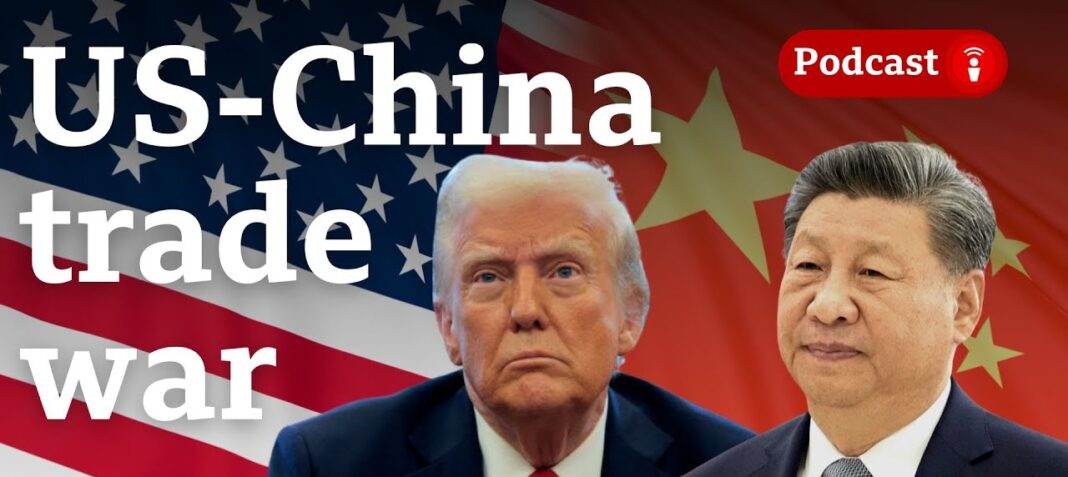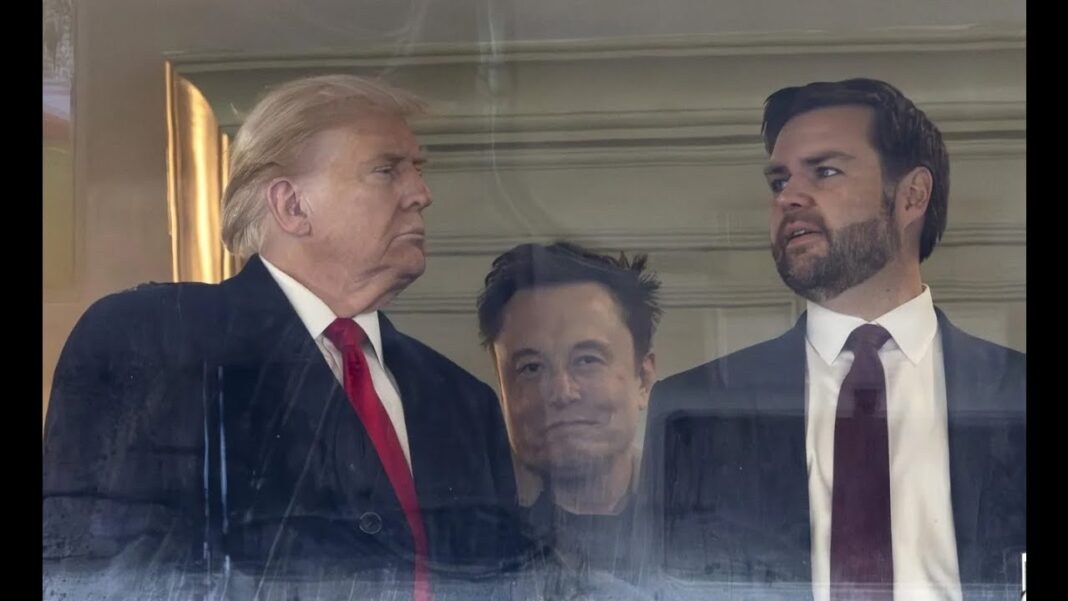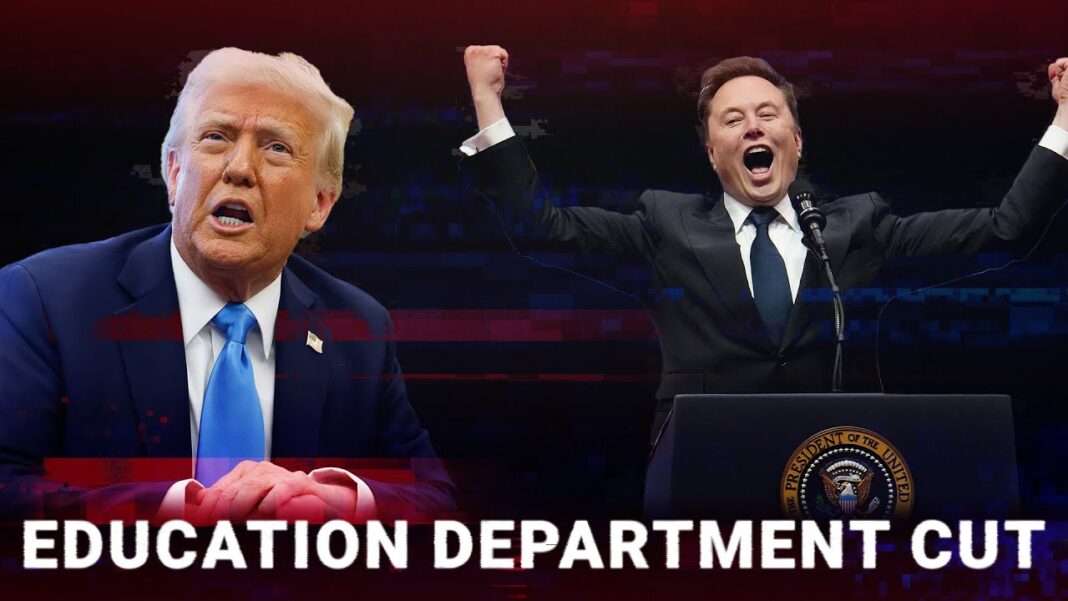The United States and China are once again locked in a trade war. President Trump has announced new tariffs on Chinese imports, triggering retaliation from Beijing. This economic standoff raises questions about global trade stability, consumer impact, and geopolitical consequences. Experts are debating whether tariffs are an effective strategy or if they will backfire on American businesses and consumers.
What Are Tariffs and How Do They Work?
Tariffs are taxes on imported goods. They increase costs for businesses that import foreign products. Trump’s latest tariffs impose a 25% tax on several Chinese goods, affecting industries like electronics, home appliances, and footwear. While the intention is to pressure China into fairer trade practices, these costs often pass to consumers.
The Immediate Economic Impact
The latest tariffs primarily target Chinese electronics, toys, and household goods. The U.S. imports billions in products from China, making these tariffs significant. Economists warn that higher import costs could lead to price increases in American stores.
Retailers like Walmart and Target might absorb some costs initially. However, as margins shrink, price hikes will become inevitable. Consumers may see higher prices on items like smartphones, televisions, and clothing.
China’s Response and Counter-Tariffs
Beijing has responded with its own tariffs, though they remain minimal compared to previous trade war measures. Rather than escalating immediately, China appears to be taking a strategic approach. Economic analysts suggest that China is preparing for a prolonged trade battle while seeking alternative trade partnerships.
The Chinese government is also focusing on diversifying its export markets. By strengthening ties with Europe, Africa, and Southeast Asia, China can reduce reliance on U.S. trade.
Geopolitical Consequences and Nationalism
China’s leadership has historically positioned trade as a win-win strategy. However, prolonged tariffs could increase nationalist sentiment within China, making it harder for Beijing to compromise. If tensions escalate, trade restrictions may extend beyond tariffs, impacting diplomatic relations and global market stability.
Canada’s Prime Minister, Justin Trudeau, has already called for increased domestic production, fueling a nationalistic push in other economies. China may follow a similar path if the trade war intensifies.
Impact on U.S. Consumers and Businesses
While Trump promotes tariffs as a way to strengthen the U.S. economy, businesses are facing financial strain. Companies reliant on Chinese imports, such as tech firms and retailers, will experience cost increases. If inflation rises, the Federal Reserve may be forced to adjust interest rates, potentially slowing economic growth.
Manufacturing industries also face uncertainty. While tariffs may encourage domestic production, businesses need time to shift supply chains. The short-term impact is likely to include job losses and reduced corporate investment.
China’s Strategy Moving Forward
China has learned from previous trade wars. Instead of direct confrontation, it is focusing on economic resilience. Strategies include:
- Strengthening trade ties with non-U.S. markets.
- Boosting domestic manufacturing.
- Expanding trade agreements with emerging economies.
Although complete decoupling from the U.S. is unlikely, China aims to reduce dependency on American imports and technology.
Future Predictions: What Comes Next?
The trade war’s outcome depends on political negotiations. Some possible developments include:
- Compromise on select tariffs: Both sides may reach a partial agreement.
- Further economic retaliation: If tensions rise, restrictions on technology and finance could follow.
- Shift in global trade dynamics: Countries may look for alternatives to U.S. and Chinese markets.
The next phase will depend on leadership decisions and economic conditions in both nations.
Disclaimer
This article presents an analysis of ongoing trade policies and economic developments. Readers should refer to official reports and financial experts for investment-related decisions.
Daniel Cho is a macro-economist focusing on inflation trends and their effects on global supply chains. He is a frequent contributor to economic magazines.




